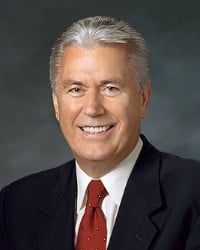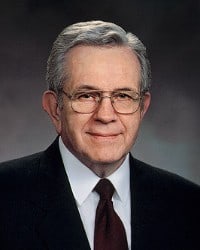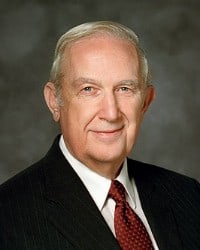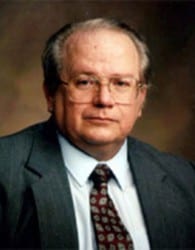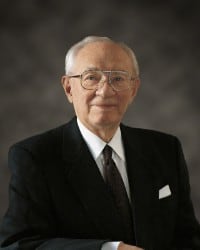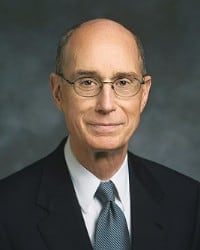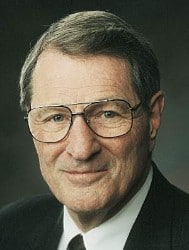
Imperfect people are, in fact, called by our perfect Lord to assist in His work. The Lord declared to certain associates of Joseph Smith that He knew that they had observed Joseph’s minor imperfections. Even so, the Lord then testified that the revelations given through the Prophet were true! (See D&C 67:5, 9.)
Unsurprisingly, therefore, we do notice each other’s weaknesses. But we should not celebrate them. Let us be grateful for the small strides that we and others make, rather than rejoice in the shortfalls. And when mistakes occur, let them become instructive, not destructive.
| “A Brother Offended,” Ensign, May 1982, p. 37
